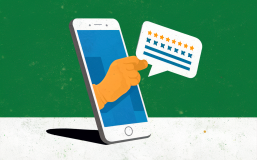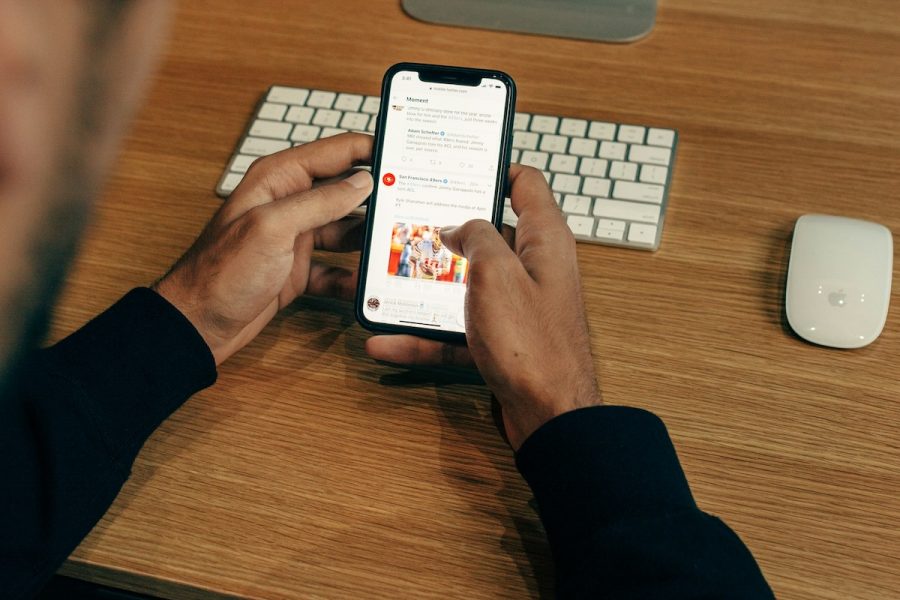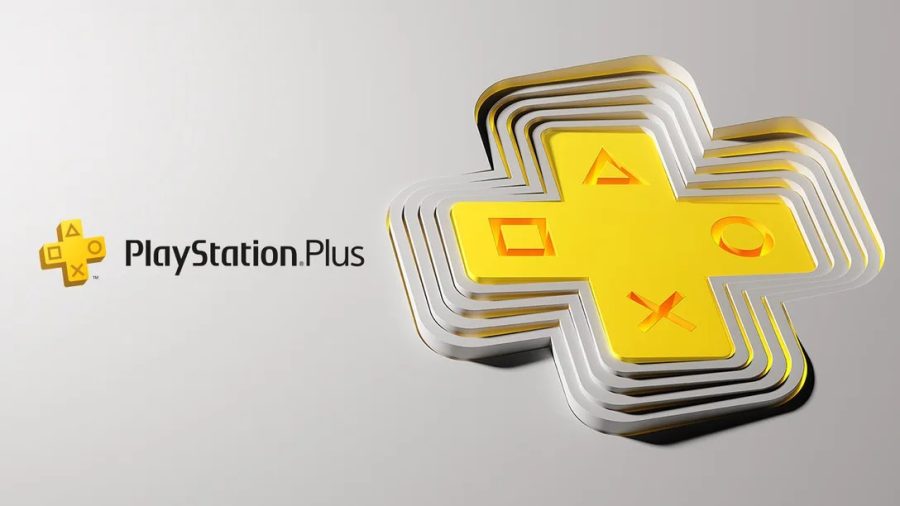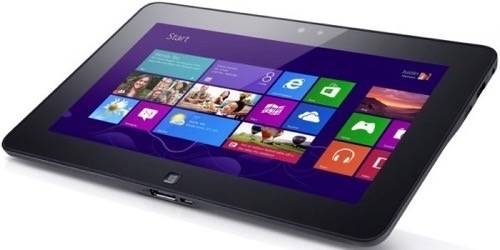
The case for Windows 8 is a response to the Bring Your Own Device (BYOD) trend?
That’s the take of Dell founder Michael Dell, who told customers and partners Wednesday that corporate interest for Windows 8 is, surprisingly, “quite high.”
It’s Dell’s World
Michael Dell opened Dell World, its annual partner and customer showcase, by announcing a slew of service offerings, including support services aimed at PowerEdge server customers and a managed threat protection appliance. But Dell hasn’t forgotten its roots as a PC supplier, and offered hearty support for Windows 8, including an 18-inch all-in-one PC whose screen apparently snaps out, like a tablet, to create a massive personal workstation.
Users and customers have already questioned the need for Windows 8, with some saying that they preferred Windows 7 – or even WIndows XP – over the new OS. And research firms IDC and NPD have followed suit, sharing numbers or anecdotes that indicate that Windows 8 support hasn’t been as strong as predicted or hoped for.
But Michael Dell, who built his company on the back of the personal computer (and a well-managed supply chain), apparently feels differently.
The PC Ain’t Dead Yet
“As I’ve said, we strongly believe that PCs are important. There are about a quarter billion PCs sold every year,” Dell said Wednesday. “And the installed base of PCs is about a billion and a half. Overwhelmingly, PCs are how business gets done in the world today.
“And now with Windows 8, we’re on the cusp of the next revolution of Windows hardware and software, bringing together the laptop and the touch screen,” Dell added. “And as you see here in Dell World and across the expo, we have a really compelling full line of touch-enabled products from our XPS 10 tablet, to the stunning XPS 27, with its quad HD display, 27-inch touch display, and every kind of imaginable product you can think of in between.”
Dell also announced a new 18-inch all-in-one PC, presumably a variant of the One family, “where the screen just pops out, snaps out, just take it with you. and you’ve got a full, portable, 4.5-pound, workstation or entertainment center. You’ll have to wait a bit to see that, but you’ll think that’s very cool,” Dell said. “The possibilities are limitless, and as adoption accelerates for Windows 8, and for touch, it will give the billion and a half users of the installed base the reason to get a new PC,” he added.
The argument Dell made – the consumer argument – has been well understood. But most observers believe enterprises will be slow to adopt Windows 8 – as they would be slow to adopt any new technology until it was proven, validated and supported. Even enterprises that showed off corporate applications running on Windows 8 at launch would normally be considered rather ambitious launch partners.
Windows 8: A BYOD Remedy?
But Dell pooh-poohed all that.
“And in the customer conversations that we’ve been having, the interest in Windows 8 is quite high, even with commercial customers, who would normally wait a few releases to adopt the new versions,” Dell said. “What we’re seeing here is really an immediate need, because CIOs are worried about the ramifications of a BYOD world. With Windows 8 products… we’re pleased with the incredible experience that they expect, while you get the security and versatility and reliability that your enterprise really requires.”
It’s hard to say how the apparent interest in Windows 8 will translate into sales, with most analysts expecting it will take until mid-2013 before sales ramp up.
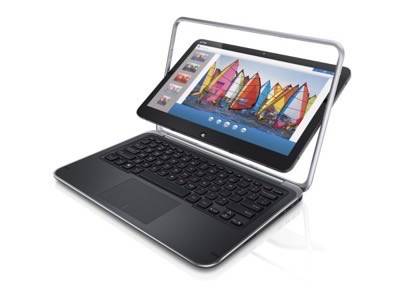
But if what Dell says is true, then CIOs are truly scared to death of BYOD devices. Windows 8 certainly has a consumerish look and feel, and those CIOs apparently hope that their workers will be happy to use a tablet that looks like a consumer device, but was designed to be managed by the corporate IT department.
The Problem You Can’t Touch
But Windows 8 has another problem: Mainstream Windows 8 devices apparently aren’t selling all that well. Bob O’Donnell, an analyst for IDC, reports that only the 10% or so of Windows 8 devices that are touch-enabled are selling well.
“Most touch screens for notebooks (basically, anything bigger than phones) are the LCD plus a separate panel bonded on,” O’Donnell said in an email to ReadWrite. “The problem is, the yield rate for these panels is low, the capacity is relatively low, so bottom line, we think only about 15% of notebooks will have touch next year. Plus, they’re expensive, which just adds to the problem.”
That could be good news for Dell, which emphasized touch in its Windows 8-powered offerings. But is the corporate Windows 8 enthusiam Dell sees reflective of the general market, or just its own sales force’s experience?
As I’ve said before, until Microsoft releases its Windows 8 sales numbers in January, we won’t know for certain.





